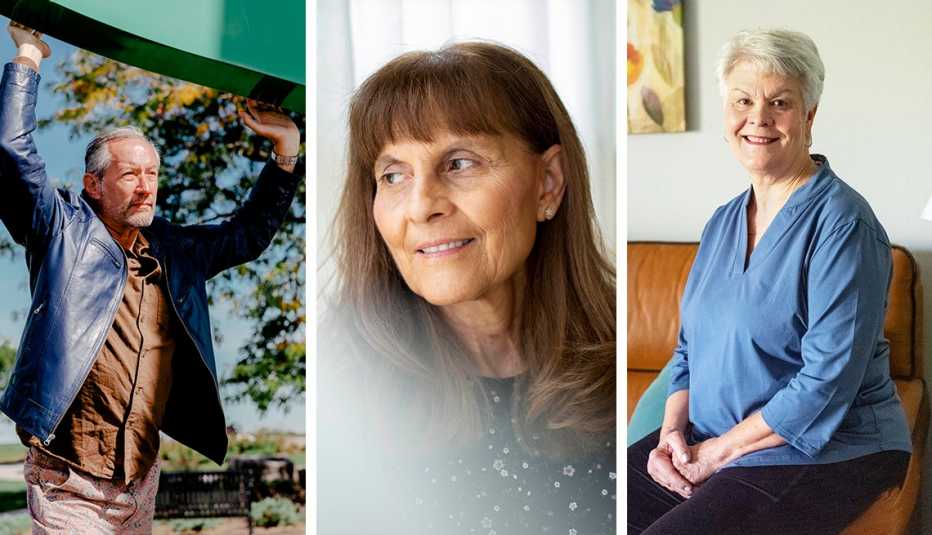AARP Hearing Center
Finding love can happen at any age. In many later-in-life relationships, partners may live as a committed couple, share family experiences, expenses and assets and choose not to get legally married. Other couples may live separately but rely on one another for companionship and support. In both cases, it’s wise not to rely on the law to protect each other in times of need. Opposite — or same-sex — partners need to be proactive and create a holistic caregiving plan that ensures they receive as much as possible the recognition, benefits and advantages that a married couple get.
First off: Learn the laws of your state and locality. A small number of states recognize common-law marriage — in which partners who haven’t had a wedding or gotten a marriage license may still be considered legally married. Civil unions, domestic partnerships, designated beneficiary or reciprocal beneficiary relationships are other types of legal status that may be permitted in your state, county or city of residence. Depending on the state or local laws, under one of those designations, a relationship may be granted as many rights and privileges as a married couple or more limited rights. A couple may “declare” their relationship or register at a courthouse or another government office to formalize the union or partnership.
Create a plan
What if cohabitating partners are financially interdependent? In that case, it’s even more important to plan for how the household will continue to pay the bills if one partner loses income or dies, especially since the remaining partner will not receive survivor benefits through Social Security. One solution is to have insurance that covers periods of disability and life insurance that names the remaining partner as the beneficiary. If a couple keep accounts or assets separate, they should coordinate how each partner will get access to and utilize those funds if needed. Without proper designations or legal documents, these accounts may become inaccessible.
It is smart to know the benefits a partner may have through his or her employer too. Although the Family and Medical Leave Act does not apply to most unmarried couples, it can apply to a common-law marriage. Many employers extend caregiving leave benefits to unmarried couples.
If only one partner owns the home the couple live in, explore what would happen if that person became very ill or died. As an attorney, I’ve seen the stress it causes to the caregiving or surviving partner who faces the reality of having to move because the home is needed to pay for care or because the deceased partner didn’t make a will and their relatives have inheritance rights. No matter how long the couple have been together, a partner will not have automatic rights of inheritance or survivor benefits. Although family members may not want to stand in the way of a long-term partner when it comes to caregiving decisions or inheriting assets, it’s not worth rolling the dice to find out whether there will be conflict in a time of crisis. A well-drafted estate plan that includes a will or trust that designates a partner as a recipient of the estate can avoid a nightmare scenario for all involved.







































































